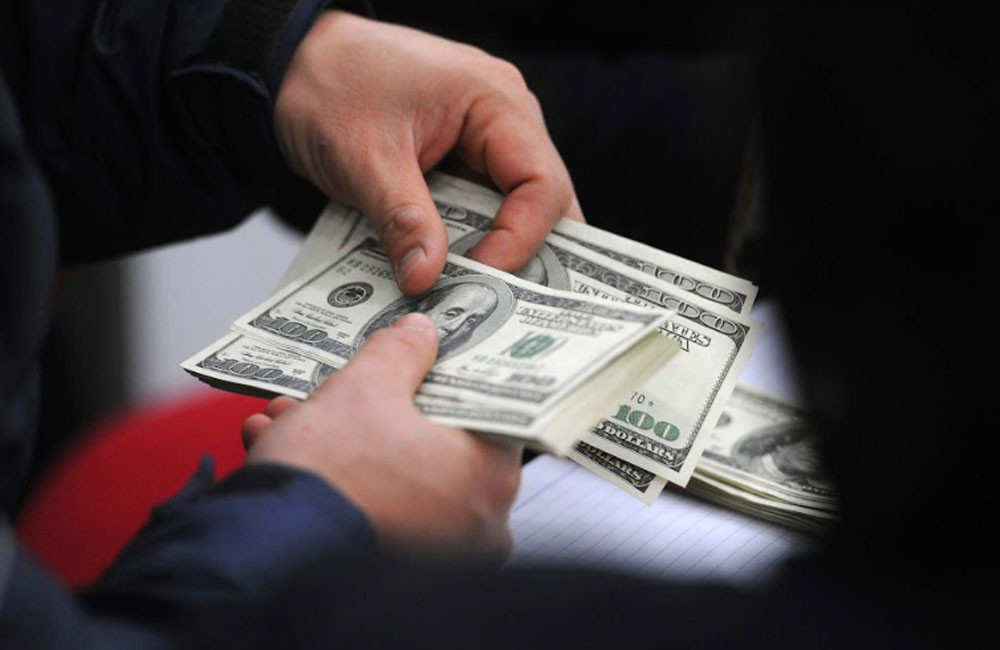
A representative of the State Securities Commission (SSC) said at a seminar on July 23 that the agency plans to combine IPO (initial public offering) and listing procedures into one procedure in an effort to attract valuable stocks.
SSC deputy chair Bui Hoang Hai said the agency is checking regulations and Decree 55 to combine the two separate procedures into one procedure. Once the process is complete and a new regulation is released, enterprises will be able to list shares after an IPO.
SSC said the number of large listed companies on the stock market is modest. The problem is that many large companies don’t want to list their shares on the bourse because they can’t find strong investors who can buy a large proportion of shares. These businesses don’t want shares to be held by many small shareholders.
Meanwhile, foreign investment institutions have delayed pouring money into the stock market because of the lack of large and high-quality listed companies. Many large listed companies have no more room for foreign investment as the foreign ownership ratio in these businesses has hit the ceiling level.
There are large shares on UpCom, such as Binh Son Refinery (BSR), but under current regulations, international institutions can pour only a very small proportion of money into unlisted shares.
Currently, IPO and listing shares are two separate processes. Some businesses have had IPOs, but their listing process has lasted a long time.
Binh Son Refinery, for example, with capitalization value of VND66 trillion, now puts its shares into transactions on UpCom. Because of technical problems, the enterprise cannot list on HOSE (HCM City Stock Exchange) as it wants.
Le Thi Le Hang from SSI (Saigon Securities Incorporated) said there have been few choices for investors in the last few years. That partially explains why no new stock has been added to VN30.
Foreign investors cannot pour more money into the Vietnamese stock market because they cannot find good stocks. They have no other choice than to wait for more shares to be listed, and for adjustment of regulations which will allow a higher foreign ownership ratio, and wait for higher liquidity.
Upgrading market
Analysts note that a large amount of foreign capital has been withdrawn from Vietnam recently, about VND60 trillion since the beginning of the year. The investors’ capital withdrawal occurred amid US dollar appreciation and the US decision to maintain high interest rates.
They cited reports as saying that foreign investors sold $6 billion worth of securities in Thailand and $120 billion in China in the first six months of the year. However, the situation is expected to change in the last months if the US FED changes its monetary policy and cuts interest rates in September.
Some observers believe that once the Vietnamese market is upgraded from frontier to emerging, it will attract $2 billion more capital.
However, Hang said it will still depend on many other factors, including the appearance of new commodities in the market.
Hai told VietNamNet that the state does not force enterprises to list shares or depart from the market, but it will apply some measures to support this.
SSC is re-dividing the market segments of HOSE, HNX (Hanoi Stock Exchange) and UpCom in order to place enterprises into suitable categories. The integration of IPO and listing procedures is also expected to create more valuable shares for the market.
According to Hai, if considering liquidity, Vietnam is one of the busier markets in Southeast Asia, with average liquidity of $1 billion per trading session. This figure doesn’t include trading volumes in the government and corporate bond markets.
SSC has shown strong determination to remove obstacles for foreign investors’ transactions. The agency last week announced a draft circular which allows foreign investors to buy securities without having to have 100 percent prefunding.
Manh Ha